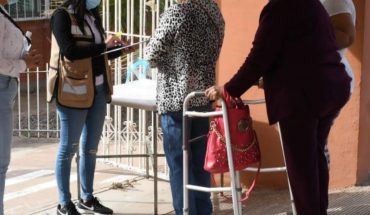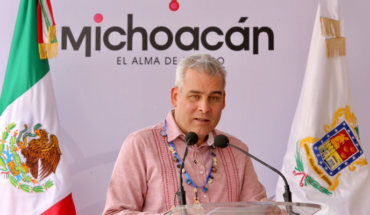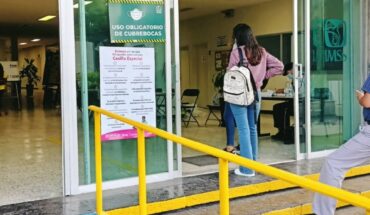
Putaendo’s environmental opposition to the claim of the Canadian company Andes Copper to install in that commune – of the province of San Felipe – a hydroelectric plant of passage, which would be located on the Rocín River, has several controversies. The latter, however, has nothing to do with this conflict or the Minera Vizcachitas project, whose socio-environmental rejection gave meaning to the Putaendo Resiste movement.
The new controversy involves the other association that opposes andes Copper’s plans: the Putaendo Surveillance Board, which through offices in the office of Fernando Barros – President Piñera’s lawyer – filed an appeal for the protection of the Canadian company on behalf of the activists of Putaendo Resiste, without their consent.
The origin of the controversy – which led Barros’ office to be denounced at the Bar Association by the socio-environmental movement – occurred when the former environmental secretary of the Government of Sebastián Piñera, Felipe Riesco Eyzaguirre, member of the law firm Barros Silva Varela y Vigil, contacted people of Putaendo offering his services. According to a public statement, the offer of representation was rejected.
“Despite the express refusal, the former Secretary of the Environment filed an appeal for protection at the Court of Appeals of Valparaiso (Cause Role 16210-2020), using the personal data of five people from Putaendo Resiste who were never contacted,” they reported.
“We are interested in knowing the reasons why a company (Barros Silva Varela and Vigil) hired by the Supervisory Board (de Putaendo) performs these bad practices in the sight and patience of those who have hired them and if, in addition, they endorse such behavior”, say from Putaendo Resiste.
Finally, the organization reiterates that the lawyers with which it is working (Alvaro Toro and Javiera Tapia) “act for free, do not charge for their services, but are part of their vocational commitment in support of the communities that see their territory threatened”.





